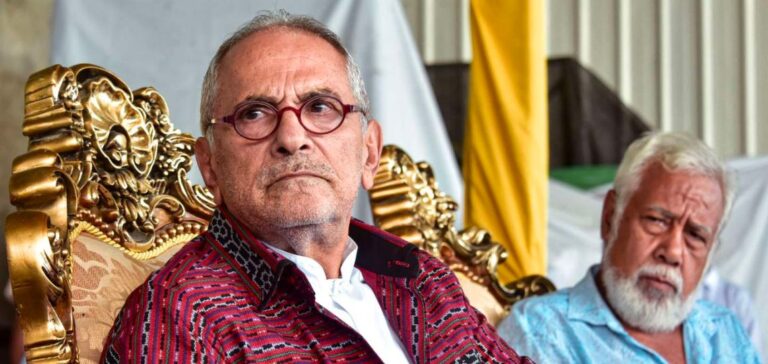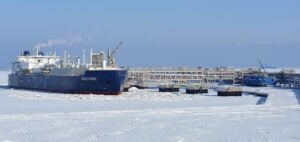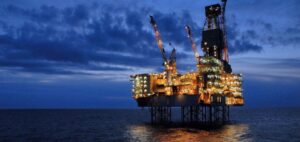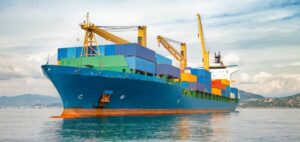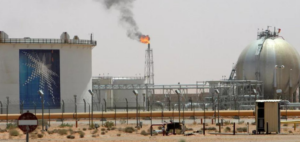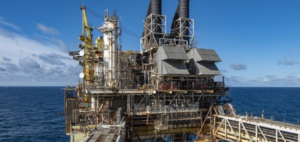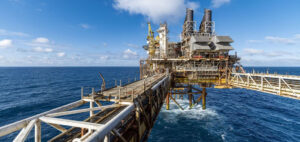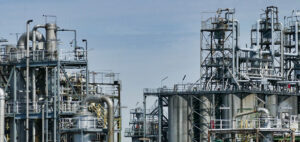East Timorese President Jose Ramos-Horta suggested Wednesday that China could help finance a massive fossil fuel project seen as crucial to the nation’s economic future.
Speaking before a meeting with Australian Prime Minister Anthony Albanese in Canberra, the president and Nobel Peace Prize winner said Beijing could “of course” be involved in the Greater Sunrise project, which aims to exploit the large oil and gas field discovered in 1974.
“Of course China (could be involved). This is a pipeline, we are not talking about maritime safety. It is simply a pipeline.
China would only be an investor,” he told the press.
A number of countries in the Asia-Pacific region could be involved in the project, he said, including Japan and South Korea.
Located in the waters between East Timor and Australia, the project has long been presented as a joint venture between the two countries.
But exploration has been stalled for several years by disputes over maritime boundaries and whether the gas should be refined in Australia or East Timor.
Canberra is likely to object to China’s involvement in strategic infrastructure so close to Australia’s borders.
Australia is already concerned about the rapid expansion of Chinese influence in the region, particularly in East Timor, which gained independence in 2002 and is located a few hundred kilometers north of Australia.
China built the country’s parliament, the Ramos-Horta presidential palace and the Ministry of Foreign Affairs.
Revenues from East Timor’s existing fossil fuel deposits are expected to dry up soon and the country’s sovereign wealth fund is rapidly dwindling, raising fears of an impending “fiscal cliff.”
Australian Foreign Minister Penny Wong recently warned of the risks of so-called “debt trap diplomacy,” a term used in reference to China’s investment strategy in countries like Sri Lanka and Cambodia.

